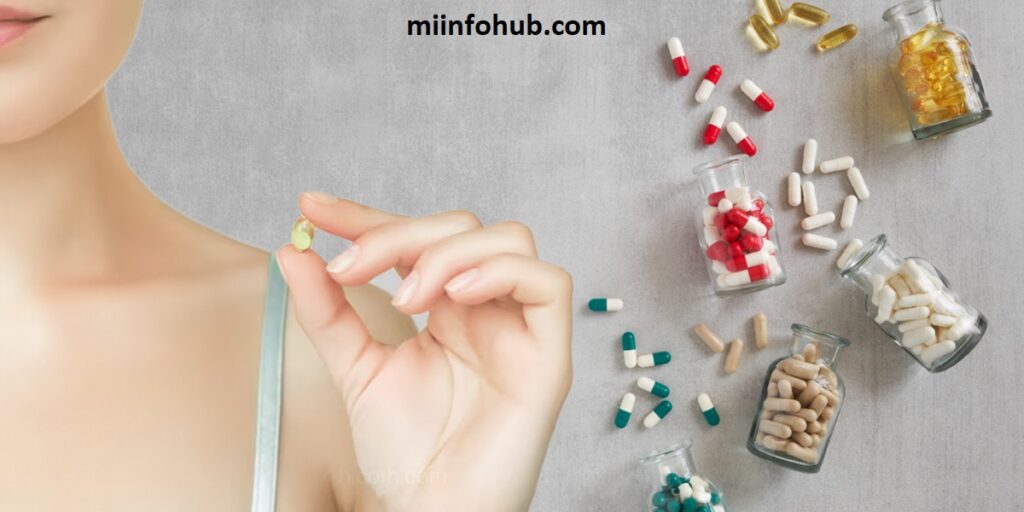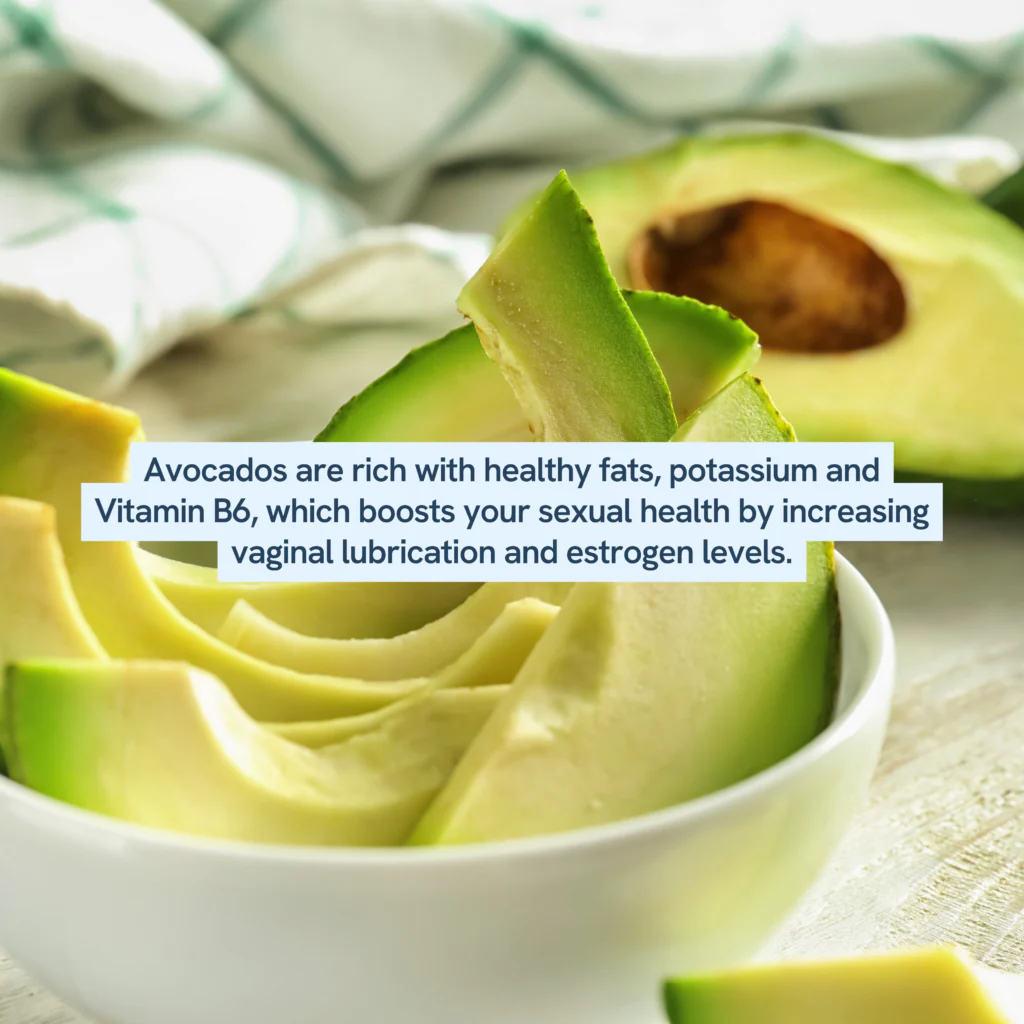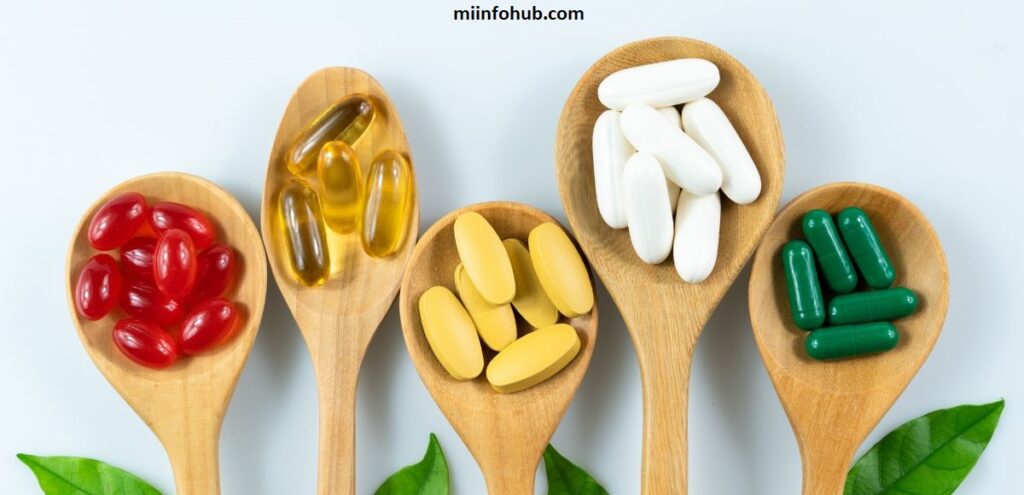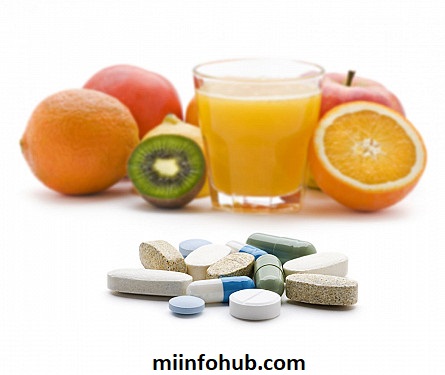Vaginal health is an essential aspect of women’s overall well-being. It is influenced by many factors, including diet, hygiene, and lifestyle. Vitamins play a key role in maintaining a healthy vaginal environment by supporting the immune system, balancing bacteria, and ensuring proper hydration. Here are the most important vitamins for vaginal health and how they help.

Vitamin E: For Moisture And Skin Health
Vitamin E is a vital antioxidant that helps protect and nourish vaginal tissues. It promotes hydration and elasticity, reducing dryness and discomfort that can occur from hormonal changes or irritation. Its anti-inflammatory properties also soothe irritation and support healing, making it ideal for maintaining vaginal health. Vitamin E can also help improve the skin’s barrier function, preventing infections and keeping the area moisturized. This vitamin is often used in both supplements and topical applications to alleviate symptoms of dryness and irritation. If you want to read more about hinge health then click here.
- How it helps: Prevents dryness, promotes elasticity, soothes irritation.
- Food sources: Almonds, sunflower seeds, spinach, and avocados.

Vitamin C: Strengthens Immunity And Prevents Infections
Vitamin C is essential for enhancing the immune system and plays a significant role in maintaining vaginal health. It supports the production of collagen, which is crucial for strengthening vaginal tissues and maintaining their integrity. This vitamin also promotes a balanced microbiome by encouraging the growth of beneficial bacteria, which helps prevent infections, including yeast infections and bacterial vaginosis. Additionally, Vitamin C has antioxidant properties that protect against oxidative stress, further supporting overall vaginal health. Regular intake can improve the resilience of vaginal tissues and reduce the risk of infections.
- How it helps: Strengthens vaginal tissues, supports good bacteria, prevents infections, and boosts immunity.
- Food sources: Citrus fruits (oranges, lemons), strawberries, broccoli, bell peppers, and kiwi.
Vitamin D: Balances Bacteria And Reduces Infections
Vitamin D plays a critical role in maintaining a healthy balance of bacteria in the vagina. Adequate levels of this vitamin are essential for preventing conditions such as bacterial vaginosis, which can arise from an imbalance of vaginal flora. Research indicates that a deficiency in vitamin D is linked to a higher risk of infections, including yeast infections. In addition to regulating vaginal bacteria, Vitamin D enhances the immune system, helping to fend off recurrent infections. This vitamin is also important for overall reproductive health and can contribute to improved vaginal integrity and function.
- How it helps: Regulates vaginal bacteria, boosts immunity, and reduces the risk of infections.
- Food sources: Fatty fish (salmon, mackerel), fortified dairy products, egg yolks, and sunlight exposure.

Vitamin A: Keeps Mucous Membranes Healthy
Vitamin A is essential for the production and maintenance of mucous membranes, which play a crucial role in keeping vaginal tissues moist and healthy. This vitamin aids in tissue repair and enhances the strength of the vaginal lining, making it more resilient to infections. By ensuring adequate moisture levels, Vitamin A helps reduce discomfort and irritation often associated with dryness. Additionally, it contributes to overall reproductive health by promoting healthy cellular function in the vaginal area, helping to protect against harmful pathogens.
- How it helps: Keeps vaginal tissues moist and healthy, promotes healing, and strengthens the vaginal lining.
- Food sources: Sweet potatoes, carrots, kale, spinach, and liver.
B Vitamins: For Hormonal Balance
B vitamins, especially B6 and B12, are vital for regulating hormone levels in the body. Hormonal fluctuations, which commonly occur during menopause or pregnancy, can result in vaginal dryness and discomfort. Adequate intake of B vitamins helps maintain a healthy pH balance in the vagina, reducing irritation and supporting overall vaginal health. These vitamins also play a role in energy metabolism and can alleviate fatigue, which is beneficial during hormonal changes. By promoting hormonal balance, B vitamins contribute to a healthier vaginal environment and enhance comfort.
- How it helps: Supports hormonal balance, maintains healthy pH levels, and reduces irritation.
- Food sources: Eggs, poultry, fortified cereals, legumes, and leafy greens.

Probiotics: For Healthy Bacteria
While not a vitamin, probiotics are crucial for maintaining vaginal health. These beneficial bacteria, particularly strains like Lactobacillus, play a key role in preserving the balance of healthy vaginal flora. A balanced microbiome is essential for preventing conditions such as bacterial vaginosis and yeast infections. Probiotics enhance the body’s natural defenses by producing substances that inhibit the growth of harmful bacteria. Regular consumption of probiotics can improve overall vaginal health, support the immune system, and promote a more resilient vaginal environment.
- How it helps: Promotes healthy vaginal flora, prevents infections, and boosts overall immunity.
- Food sources: Yogurt with live cultures, kefir, sauerkraut, kimchi, and other fermented foods.
Zinc: Supports Healing And Immunity
Zinc is a vital mineral that plays a significant role in supporting immune function and promoting the healing of vaginal tissues. It is essential for maintaining the integrity of the vaginal lining, which is crucial for overall vaginal health. Adequate zinc levels can help prevent infections by bolstering the immune response and enhancing the body’s ability to fight off pathogens. Additionally, zinc aids in tissue repair and regeneration, making it beneficial for women experiencing irritation or minor injuries in the vaginal area. By supporting both immunity and healing, zinc contributes to a healthier and more resilient vaginal environment.
- How it helps: Promotes tissue healing, boosts immunity, and helps maintain vaginal health.
- Food sources: Oysters, beef, pumpkin seeds, chickpeas, and lentils.
How Hormones Affect Vaginal Health
Hormones play a vital role in vaginal health, especially during key life stages like pregnancy, menstruation, and menopause. Estrogen, in particular, is responsible for maintaining vaginal moisture and elasticity. When estrogen levels drop, such as during menopause, it can result in vaginal dryness, irritation, and discomfort. Supporting your body with the right vitamins, particularly B vitamins and vitamin E, can help maintain hormonal balance and alleviate these symptoms.

Frequently Asked Questions (FAQs)
Q: How can I prevent vaginal infections naturally?
A: Maintaining a balanced diet rich in vitamins, probiotics, and staying hydrated can help prevent infections. Avoid using harsh soaps and wearing tight, synthetic clothing, and consult a doctor if infections persist.
Q: Can I take supplements for vaginal health?
A: Yes, supplements like vitamin D, vitamin E, and probiotics can be taken to support vaginal health, especially if you are unable to get sufficient nutrients from food alone. Always consult your healthcare provider before starting any supplement regimen.
Q: Are there any lifestyle changes that can improve vaginal health?
A: Yes, simple changes like wearing breathable cotton underwear, maintaining a balanced diet, avoiding excessive sugar, and practicing good hygiene can improve vaginal health.
Conclusion
A healthy vagina depends on more than just hygiene—it’s also deeply influenced by your nutrition. Key vitamins like Vitamin E, Vitamin C, Vitamin D, Vitamin A, and B vitamins all contribute to vaginal health by promoting moisture, strengthening tissues, and preventing infections. Adding foods rich in these vitamins to your diet, along with probiotics and zinc, can make a significant difference. Along with these nutrients, healthy lifestyle practices such as good hygiene, hydration, and avoiding sugar are crucial.
By nourishing your body with these essential vitamins, you support not just vaginal health but also your overall well-being. Always consult your doctor for personalized advice, especially if you’re experiencing persistent discomfort or other issues.


